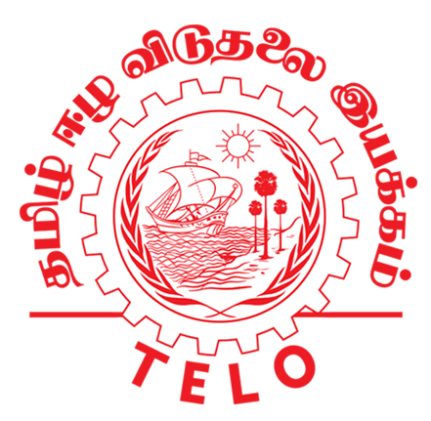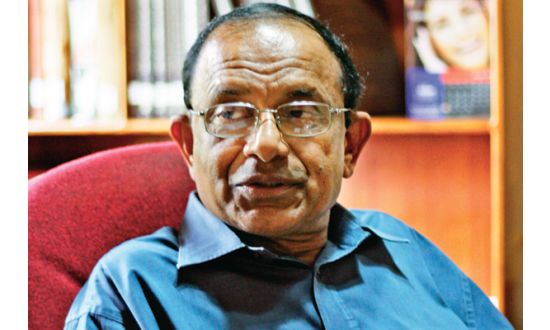Two national elections will be held within the next twelve months or so. In terms of Article 31(3) of the Constitution, the Presidential election has to be held between 19 September and 19 October 2024, being a date not less than one month and not more than two months before the expiry of the current President’s term of office, which is 19 November 2024. Whoever becomes President will surely dissolve Parliament soon, hoping to get a comfortable majority there.
Going by the present, a Presidential election will likely be a contest between the SJB’s Sajith Premadasa and the NPP’s Anura Kumara Dissanayake, but then there are the vagaries of politics. President Ranil Wickremesinghe seems to be banking on SLPP support and has strong support from members of his Cabinet. But there is a group in the SLPP, Namal Rajapakse included, that thinks that Wickremesinghe has little chance of winning and that it would be wise to contest the Presidential election on their own and retain the SLPP’s electoral base.
Given the current fractured nature of the Sri Lankan electorate, the votes of the numerically smaller communities will be crucial in the Presidential election. Although devolution is an issue of concern mainly to the Sri Lankan Tamils and the Muslims of the Eastern Province, there is considerable support for devolution among Muslims in the rest of the country and the Hill Country Tamils who have had representation in Provincial Councils and Provincial Boards of Ministers. A sizeable Sinhala population believes power-sharing to be essential to a constitutional settlement of the national issue.
They also consider devolution of power to strengthen democracy by bringing the government closer to the people and as a necessary tool for balanced development, enabling people in the periphery, not just in the North and East but in the whole country, to decide on issues directly concerning them. This is according to the principle of subsidiarity; that is, whatever could be more efficiently handled by the lowest tier should be vested in such tier.
A demand that has gained attention is for local government to be recognised by the Constitution as the third tier of government. Local authorities should be further enabled and given resources to initiate and implement development through their own development programmes. Empowering the people at the village level is essential, and to this end, elected Grama or Jana Sabhas should be set up to facilitate their active engagement in the affairs of the community and afford them an active role in local self-government.
Local authorities must be legally required to consult Grama/Jana Sabhas in policymaking and planning relevant to the locality. One of the key elements of the rich democratic political discourse that took place during the Aragalaya was democratisation.
Not surprisingly, parties of the South are reluctant to flag devolution as a vital election issue. President Wickremesinghe has been talking about the full implementation of the Thirteenth Amendment (13A), but no action whatsoever has been taken, much to the disappointment of Tamils, especially the Tamil MPs who voted to make him President, some openly and others discreetly.
Sajith Premadasa told a meeting of Buddhist monks in Galle last August that he was for fully implementing 13A within a unitary state. Premadasa received the highest percentage of Tamil votes after Chandrika Bandaranaike Kumaratunga in a Presidential election. Since then, there has been radicalisation among the Tamils, as shown by Sridharan’s win over the moderate Sumanthiran at the ITAK sessions, a change that SJB leaders seem oblivious to.
Not many speakers on the SJB platform speak about devolution. There is no unanimity within the NPP on the national question, as shown by JVP leaders rushing to counter Harini Amarasuriya’s statement that the NPP would support fully implementing 13A. Anura Kumara Dissanayake’s statement in the North that he would offer neither federalism nor 13 Plus but a multi-racial government and equality between all communities disappointed not only Tamils but pro-devolution supporters of the NPP. He is reported to have said in Canada that while the NPP did not believe in Provincial Councils as a solution to the ethnic issue, it would not move to abolish Provincial Councils if the Tamils considered devolution as a solution. This is not much different from what some other parties of the South stand for.
No party or leader having a chance of winning a national election has publicly said they would abolish Provincial Councils, although some surely wish they could, notwithstanding the Indo-Sri Lanka Accord. It is one thing to accept the reality that Provincial Councils have come to stay but quite another to honestly believe that a solution to Sri Lanka’s ethnic crisis lies in all communities sharing state power. Meaningful devolution, both as a solution to the ethnic crisis and a necessary tool for developing the periphery, can be realised only if there is an honest commitment towards it. That is what the numerically smaller communities and pro-devolution voters wish parties and leaders to commit to in the coming elections.





